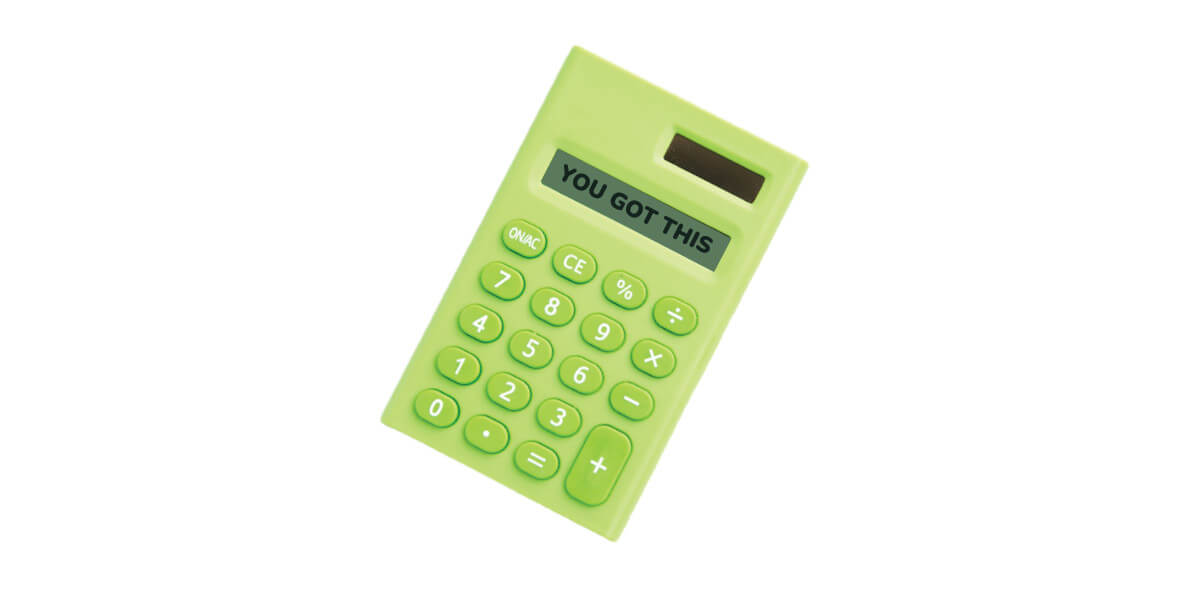What is an RESP Account?
Let’s start with the basics. RESP accounts are designed to help families save for a child’s advanced education in the long term. A parent, family member, or any other individual can open one at a credit union or other financial institution. The funds held in an RESP are intended for post-secondary use, i.e. university-level studies.
By investing in an RESP, you can make it easier for the beneficiary to continue their education and potentially build the foundation for a rewarding career. Whether it’s your own child, your niece or nephew, a family friend, or even yourself, an RESP helps address the costs of higher education.
If you’re looking for more comprehensive information about RESP contributions and accounts, RESP matching, or related topics, check out our in-depth RESP guide.
So far, an RESP sounds like a savings account, but with more restrictions. Why do so many families choose to use RESP accounts? Key benefits of RESPs include:
Access to government grants. Contributions to an RESP make the account eligible for a partial match from the Canada Education Savings Grant. Every RESP account will earn an additional 20% in grant money on the first $2,500 paid into the account each year. Individuals and families with lower incomes can earn up to an additional $100 in CESG grant money each year.
- Even more government assistance. The Canada Learning Bond pays up to $2,000 to qualified beneficiaries with an RESP born after January 1, 2004, based on income level.
- Can hold qualified investments. Qualified investments, like Guaranteed Investment Certificates, can be placed in an RESP. These investments can generate additional income over time, sometimes more than is possible through just interest paid on cash deposits.
- Tax advantages. Contributions made to an RESP are taxable, but withdrawals made by students are generally taxed at a low level or not at all. Eligibility for tax (or the lack thereof) is determined by the student’s tax bracket, so some exceptions are possible.




